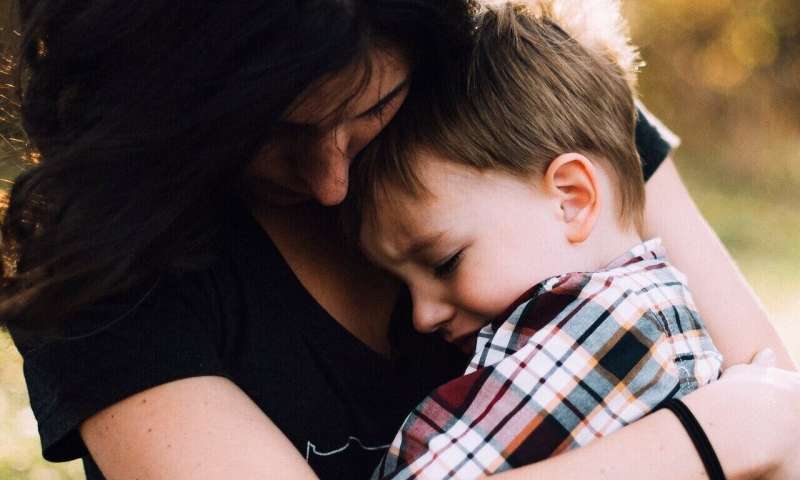

Parent depression and stress early in the pandemic negatively contributed to young children’s home education and anxiety, a University of Michigan study suggests.
The stress could still be present today for some parents as their kids transition back to school while COVID-19 remains a danger. Continued support for children and parents will be needed, researchers said.
The findings, published in the March issue of Children and Youth Services Review, reports on the parent-child dynamics during initial COVID-19 related school closures, based on data collected last April.
The 405 participants recruited for the study lived throughout the United States and had at least one child age 12 and younger. Most parents indicated their children used online tools for at-home education, including educational apps, social media and school-provided electronic resources.
About 35% of parents said their child’s behavior had changed since the pandemic, including being sad, depressed and lonely.
Due to school closures and ramifications of social distancing measures, it’s not surprising that parents were more involved in daily caregiving activities, the researchers said. One in four parents reported an employment change related to the pandemic.
https://youtube.com/watch?v=YKp6xB-90wo%3Fcolor%3Dwhite
These changes impacted parents’ mental well-being. Two out of every five adults met the criteria for major depression and at least moderate anxiety, which were negatively associated with their perceived preparation to educate at home, the study shows.
Parents also reported high levels of daily schedule disruptions, as well as stressors such as lack of access to free and reduced-price school meals.
“Overall, study results suggested that parents’ mental health may be an important factor linked to at-home education and child well-being during the pandemic,” said Shawna Lee, U-M associate professor of social work. “Research suggests that, unfortunately, the high levels of stress, anxiety and depression among parents remained high through the summer and early fall.
“One implication is that the return to school may be challenging for many families. Schools may need to consider providing services to address students’ mental health issues and the aftereffects of stress and trauma resulting from social isolation and economic uncertainty during the pandemic.”
Two positive outcomes were that parents hugged and showed more affection to their children and ate meals with their kids.
Source: Read Full Article